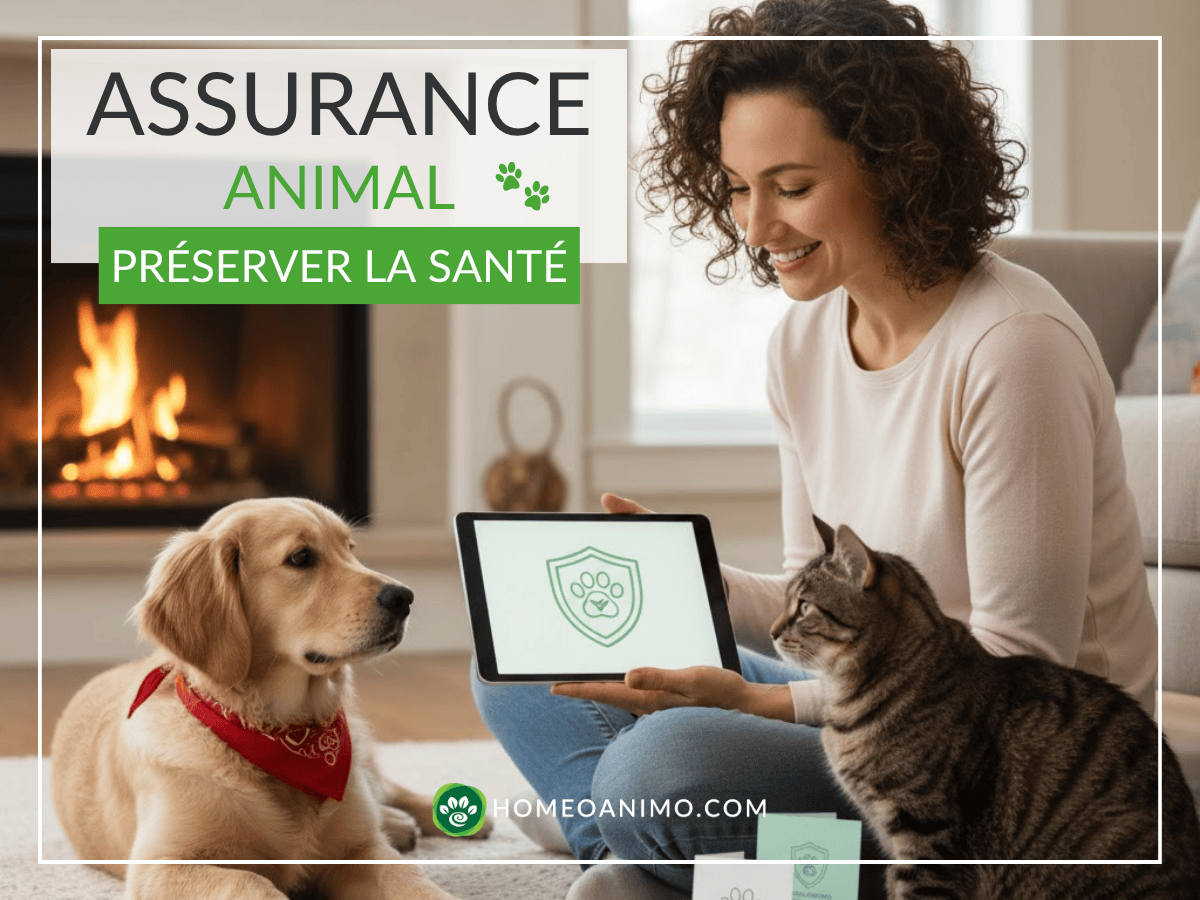
What are the most common health problems in Shih Tzus?
Known for its regal appearance and long, silky coat, the Shih Tzu is an affectionate and charming companion. Bred to be a companion dog, it brings joy to the entire family. However, as with many breeds with unique morphologies, the Shih Tzu is predisposed to specific health problems. As a dedicated owner, understanding these vulnerabilities is essential to ensuring a long and healthy life.
But don't worry, because for each of the health problems below, we have a natural solution for your pet. Get a Free Animal Health Recommandation.
We also invite you to add us to your favorites (by clicking on the ⋮ menu of your browser then on the ★ favorites icon) to always have an expert at hand if your animal develops symptoms.
What are some common health problems in Shih Tzus?

Certain conditions are more common in Shih Tzus due to their genetics and morphology. Here are the most common diseases to be aware of.
EYE PROBLEMS
Why are Shih Tzus so vulnerable to eye problems?
Shih Tzus have large, expressive eyes, but their frontal position and shallow eye sockets make them susceptible to a variety of conditions. The Shih Tzu's head shape is often referred to as "brachycephaly," which results in prominent eyes and eyelids that don't fully cover them. This makes them susceptible to irritation and injury. The breed is prone to brachycephalic ocular syndrome, which includes bulging eyes (proptosis), insufficient tear production (keratoconjunctivitis sicca or "dry eye"), and eyelid problems (entropion or ectropion).
According to the American College of Veterinary Ophthalmologists , brachycephalic breeds, such as the Shih Tzu, have a high incidence of eye problems. One study found that pigmentary keratitis, a condition in which black pigment develops on the cornea, is seen in over 90% of Shih Tzus with brachycephalic ocular syndrome, which can lead to blindness if left untreated.
Regular cleaning of their eyes is a very important preventative care to avoid accumulations and irritations.
RESPIRATORY PROBLEMS
Is my Shih Tzu more likely to suffer from respiratory problems?
Due to their flattened (brachycephalic) face, Shih Tzus can suffer from brachycephalic airway syndrome . This syndrome is caused by excess soft tissue in their throat and nose that restricts airflow. This can cause snoring, difficulty breathing, fainting, and intolerance to heat and exercise. These problems can worsen if the dog is overweight.
A study published in Veterinary Quarterly found that brachycephalic breeds are more likely to develop cardiovascular complications due to the extra effort they have to exert to breathe. For this reason, it's important to be careful with your Shih Tzu on hot days.
DENTAL PROBLEMS
Why are Shih Tzus so vulnerable to dental problems?
Like other small-jawed breeds, the Shih Tzu is prone to dental problems. Their narrow mouths can accommodate crowded, misaligned teeth, making it easy for plaque and tartar to build up. According to the American Veterinary Dental College , periodontal disease, which affects the gums and bones that support the teeth, is the most common disease in adult dogs. It is especially prevalent in small breeds.
If periodontal disease is left untreated, it can lead to tooth loss, painful abscesses, and even infections that spread to other organs such as the heart, liver, and kidneys.
HIP DYSPLASIA
Is hip dysplasia a common disease in Shih Tzus?
Yes, although hip dysplasia is often associated with large breeds, it is also a common problem in Shih Tzus. This condition is caused by a malformation of the hip joint, which can cause pain and arthritis. It is often genetic and worsens with excess weight. According to the Orthopedic Foundation for Animals (OFA), of 2,063 Shih Tzus examined, 10.5% were diagnosed with hip dysplasia, a significant percentage for a small breed.
How to take care of your Shih Tzu's health on a daily basis?

Prevention and daily care are the best ways to minimize risks. Here are our tips for a healthy Shih Tzu:
- Regular grooming : Brush their coat daily to prevent tangles and dirt, especially around the eyes and mouth. Trimming the hair near the eyes can help reduce irritation.
- Dental hygiene : Get your dog used to brushing their teeth from a young age. Regular dental checkups are essential to prevent tartar buildup.
- Weight control : Obesity exacerbates hip dysplasia and respiratory problems. A healthy, controlled diet is important.
- Moderate exercise : Avoid strenuous activity, especially in hot weather, to avoid aggravating respiratory problems. Instead, opt for short walks and indoor play.
- Eye Cleansing : Cleanse the eye area daily with a soft, damp cloth to prevent debris buildup.
A natural solution for your Shih Tzu
Among the health problems in Shih Tzus, hip dysplasia is a common condition. In addition to weight control and diet, it is essential to support their joint health with a natural product. This is where our product ArticulAnimo #1 (Hip Dysplasia) comes in.
ArticulAnimo #1 (Hip Dysplasia) is a 100% natural homeopathic remedy designed to help relieve hip dysplasia. It improves mobility and flexibility by reducing pain and tension in the hip joint area. It is easy to administer directly into your pet's mouth or drinking water.
Experience
Valerie
★ ★ ★ ★ ★
"Today, thanks to you and your products, we can celebrate the 14th birthday of our Duncan 🥰 the love of our life ❤️ He was supposed to live a maximum of 8 to 9 years according to the veterinarians because of his very severe dysplasia detected at 3 months old... and I found you 🤩 and today he is a little old man! Who walks quietly, peacefully and we owe that to you 🙏🏻
Thank you so much for allowing us to live all these years with so many additional moments of happiness!!"
FAQ - Shih Tzu Health
What is the life expectancy of a Shih Tzu?
With proper care, a Shih Tzu can live between 10 and 16 years. A healthy diet, regular preventative care, and veterinary monitoring contribute to its longevity.
Why does my Shih Tzu snore so much?
Snoring is a very common characteristic of the breed due to their flattened face (brachycephaly) which reduces the size of the airway. While this is normal, excessive snoring or signs of respiratory distress should be consulted by a veterinarian.
When should I start worrying about my Shih Tzu's health?
It's important to start at a young age. Prevention is the best approach. Regular follow-up with a veterinarian, a good diet, and a proper care routine are essential.
Conclusion
The Shih Tzu is a full-fledged member of the family, and caring for its health is a rewarding responsibility. By being proactive and understanding the breed's genetic and common diseases, you can protect it and ensure it lives a long and comfortable life. Natural solutions can be a valuable support to guide your little dog through any health challenges that may arise.
If you're concerned that your pet may be suffering from a health issue, our Free Animal Health Recommandation can help. In addition to receiving advice and recommendations from our Natural Health Advisors, they'll also guide you through the products and treatment options that best suit your pet's health needs.





























Leave a comment
This site is protected by hCaptcha and the hCaptcha Privacy Policy and Terms of Service apply.